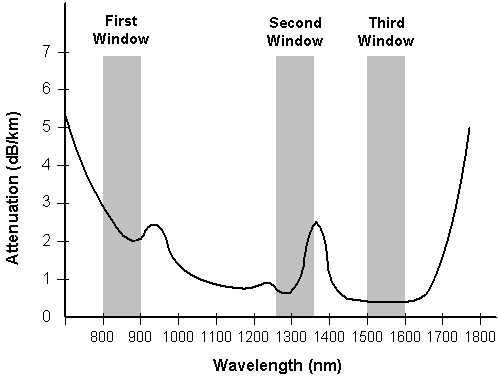This is really an engineering question, because the answer is "cost".
Transmitters for the first window can be made from the GaAs-AlGaAs material system, and they cost substantially less than devices made for the second and third windows.
When using multimode fiber, the inter-modal dispersion is generally limits the bandwidth-distance product of the link, so we don't worry too much about the added material dispersion and attenuation caused by working in the first window.
1310-nm systems with multi-mode fiber have only recently started to gain traction. Since 1310-nm transmitters use the same InGaAsP material system as 1550 nm transmitters, I'm not entirely sure why 1310 nm is preferred over 1550. I have two guesses:
Historically, the 1310 nm window had lower dispersion but higher attenuation than the 1550 nm window. Modern single-mode fiber has optimized the 1550 nm window so this is no longer true. But the available multi-mode fiber still has lower dispersion in the 1310 nm window, and this may be preferred for short-distance links.
A 1310 nm laser will have a lower divergence angle at its output than a 1550 nm laser with the same aperture size. This may make the optics for coupling the 1310-nm laser into the fiber lower cost than the optics for a 1550-nm laser.

